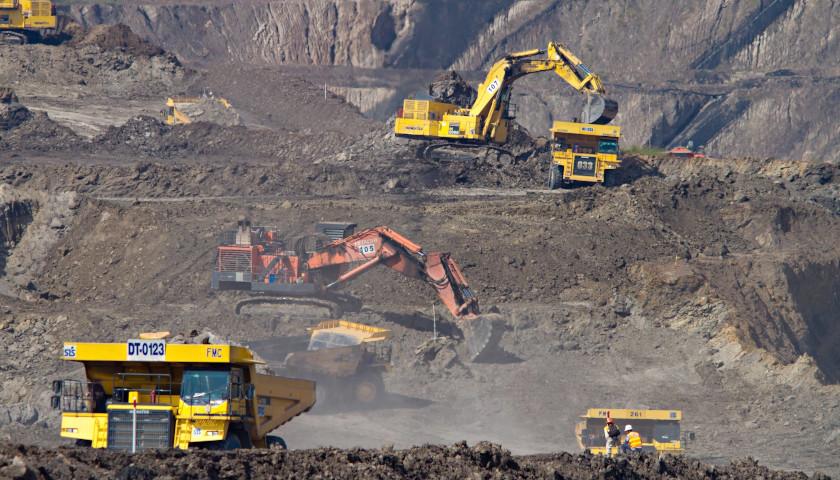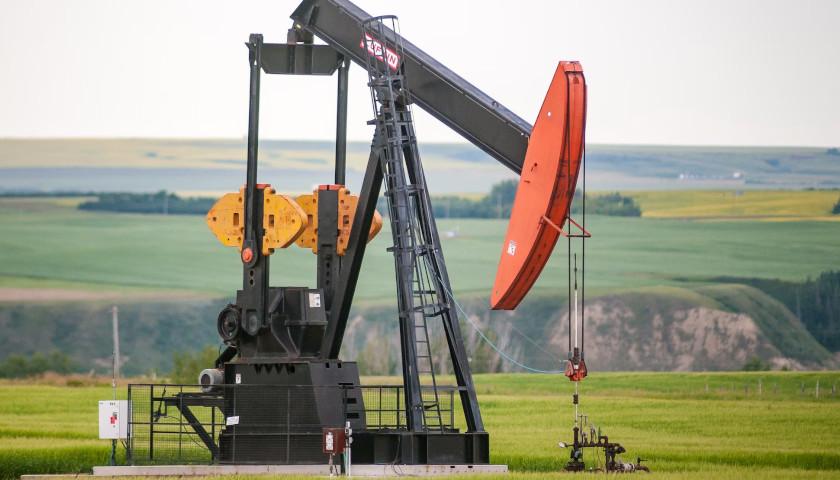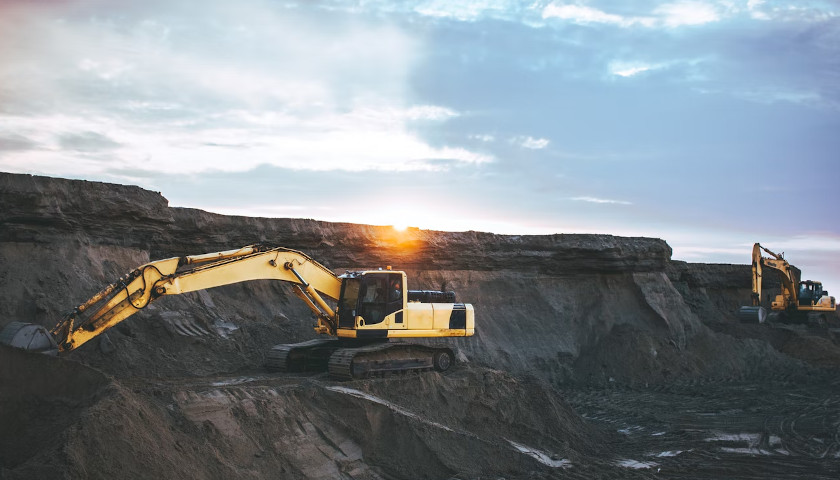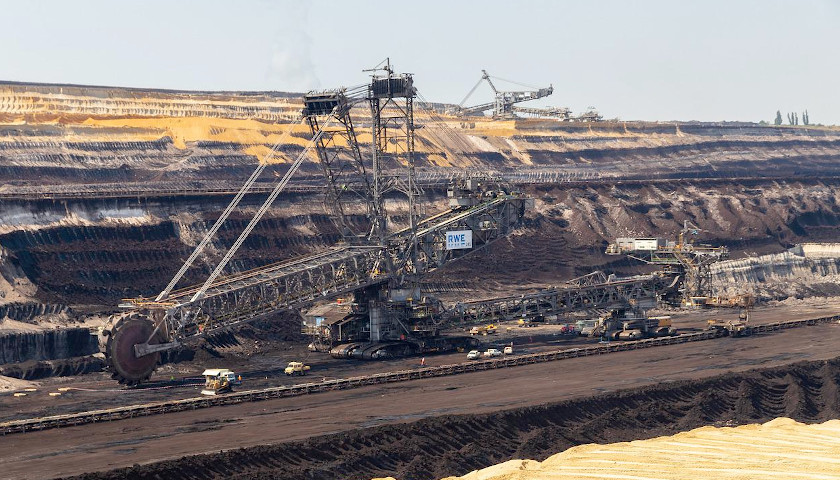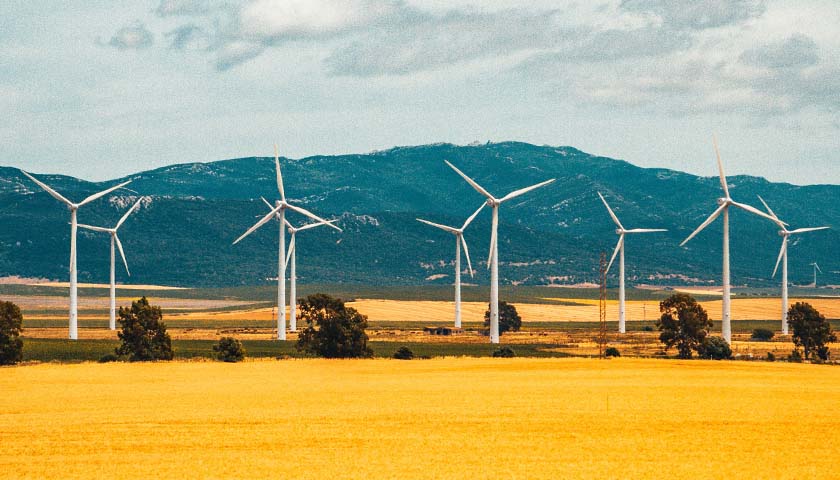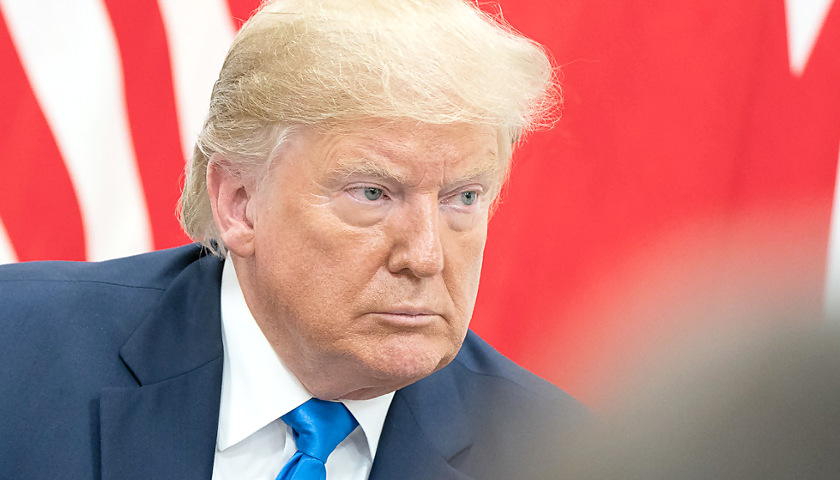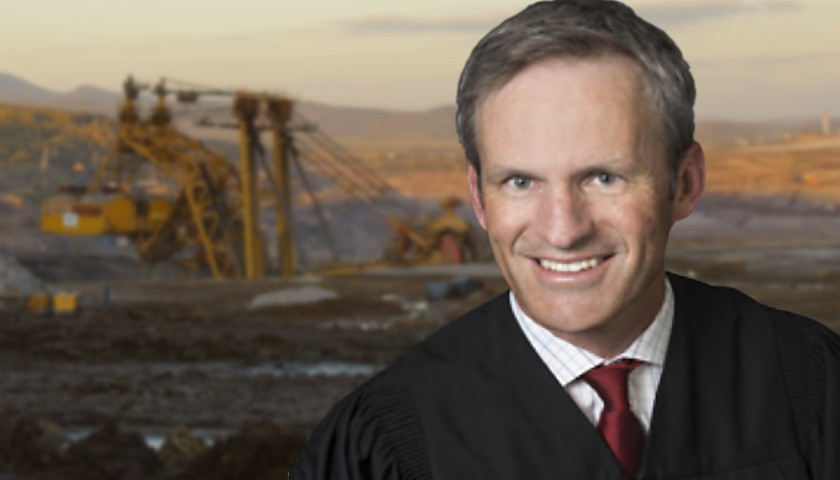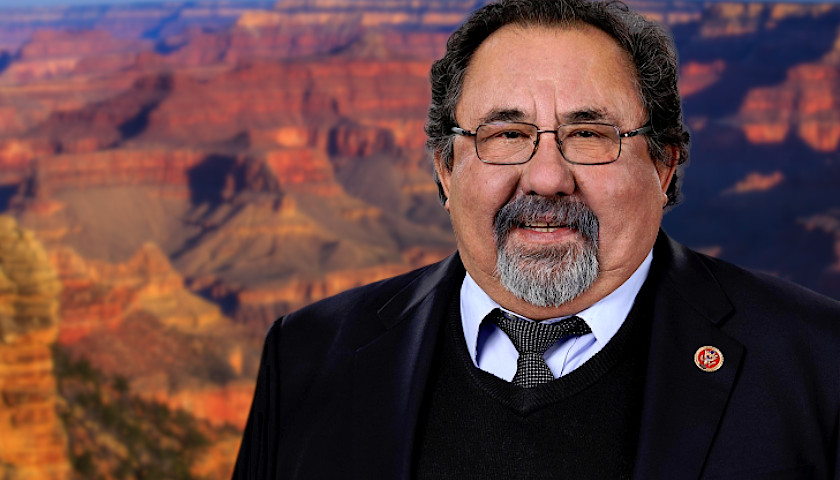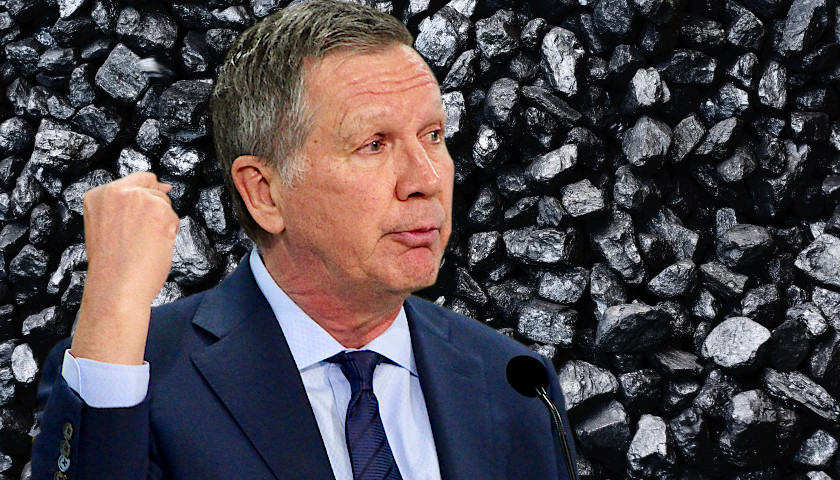The Biden administration has just supercharged the electric vehicle (EV) revolution. With its finalized tailpipe emissions rule, the administration expects that by 2032 70% of new U.S. car sales will be electric.
This lightning-fast transformation of the nation’s car fleet faces myriad challenges but perhaps none are greater than sourcing the minerals needed for millions of EVs and addressing the nation’s alarming reliance on Chinese-controlled mineral supply chains.
Read the full story
